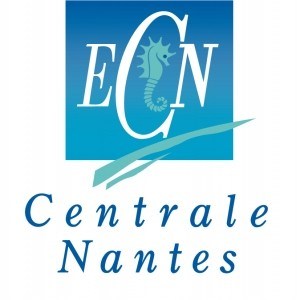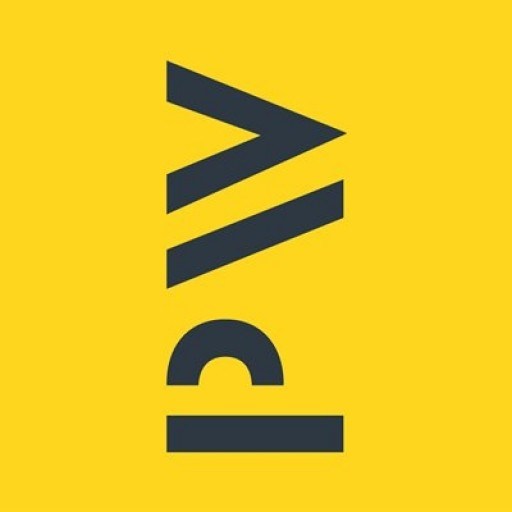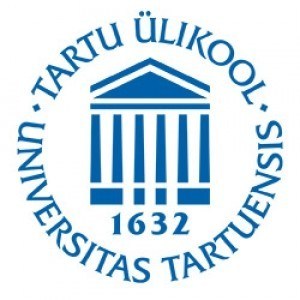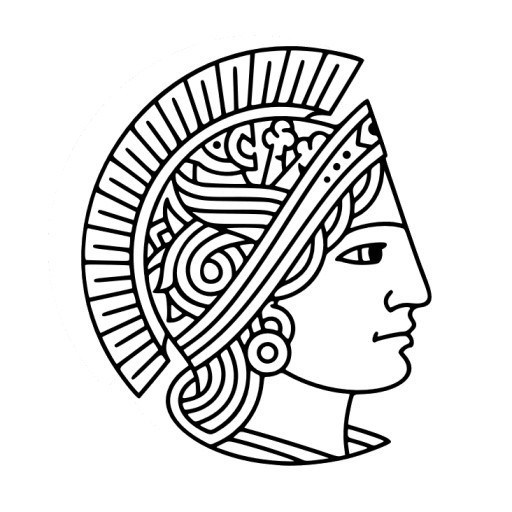Photos of university / #centralenantes
The European Master in Advanced Robotics is a comprehensive postgraduate program designed to equip students with the essential skills and knowledge required to excel in the rapidly evolving field of robotics. Hosted by Centrale Nantes, a leading technical university renowned for its engineering programs, this master's degree offers a multidisciplinary approach combining principles of mechanical engineering, electronics, computer science, and control systems to address complex robotics challenges. The program emphasizes hands-on learning through practical projects, laboratory work, and collaborations with industry partners, ensuring students gain real-world experience that complements theoretical understanding. Students will explore a wide range of topics, including robot design and manufacturing, autonomous systems, sensor integration, artificial intelligence, machine learning, simulation, and human-robot interaction. The curriculum is designed to foster innovation, problem-solving skills, and technical expertise, preparing graduates for careers in robotics research, development, and industry applications across sectors such as manufacturing, healthcare, aerospace, and service robotics. The program benefits from an international and multicultural environment, with opportunities for mobility within European partner universities through bilateral agreements and Erasmus+ exchanges. Graduates will be well-positioned to undertake doctoral studies or enter the workforce as robotics engineers, system developers, or research specialists, contributing to advancements in automation and intelligent systems. The European Master in Advanced Robotics combines rigorous academic training with practical experience, aiming to develop highly skilled professionals capable of pushing the boundaries of robotics technology and making meaningful contributions to future innovations.
The European Master in Advanced Robotics (EMARO) offers an intensive, interdisciplinary curriculum designed to equip students with cutting-edge knowledge and practical skills in robotics and automation. The program encompasses a comprehensive study of advanced robotics topics, including robot kinematics, dynamics, control systems, perception, and autonomous systems. Students gain a solid foundation in mechanical design, embedded systems, artificial intelligence, and machine learning techniques, preparing them to develop innovative robotic solutions for various industries such as manufacturing, healthcare, service, and research.
Throughout the programme, students participate in both theoretical coursework and hands-on projects, fostering a deep understanding of robot programming, sensor integration, and real-time system management. The curriculum emphasizes the importance of interdisciplinary collaboration, with students working in teams to design, implement, and test robotic systems in simulated and real-world environments. The program also includes modules on robot ethics, safety standards, and the societal impact of robotics, ensuring graduates are well-versed in the responsible development and deployment of robotic technologies.
The program benefits from its European framework, allowing students to study across multiple renowned universities and gain international exposure. Students have the opportunity to spend a semester in one of the partner institutions, immersing themselves in different academic cultures and gaining a broader perspective on robotics research and industry trends. The program culminates in a master's thesis, where students apply their accumulated knowledge to tackle complex robotics problems, often collaborating with industrial partners.
Graduates of EMARO are highly sought after in the labor market, equipped to pursue careers as robotics engineers, automation specialists, research scientists, or to continue with doctoral studies. The programme’s focus on practical skills, combined with strong theoretical foundations and international experience, makes it an ideal pathway for ambitious students aiming to become leaders in the field of advanced robotics.
Program Requirements for EMARO — European Master in Advanced Robotics:
Applicants to the EMARO program are required to hold a recognized bachelor’s degree or an equivalent qualification in engineering, robotics, computer science, automation, mechatronics, or a related technical field. The bachelor’s degree should demonstrate a strong foundation in mathematics, physics, and basic programming skills. Candidates must submit their academic transcripts, curriculum vitae, and motivation letter outlining their interest and goals related to advanced robotics. Proficiency in English is mandatory; therefore, applicants must provide evidence of English language proficiency through recognized tests such as IELTS or TOEFL, unless they have completed their previous education in English or in an English-speaking country.
Additionally, applicants are expected to have completed coursework or gained practical experience in key areas such as control systems, algorithms, sensors and actuators, kinematics, and embedded systems. Prior experience or familiarity with programming languages like C++, Python, or MATLAB is highly advantageous. The program values applicants with a demonstrated interest in robotics research, innovation, or industry applications, and encourages submission of project reports, research papers, or relevant work experience documentation.
Students must be prepared to participate in mobility across multiple European partner universities, understanding that part of the curriculum will be delivered at institutions in different countries. Therefore, flexibility regarding relocation and intercultural communication is important. Candidates should also possess strong problem-solving skills, analytical thinking, and the ability to work collaboratively within diverse teams. The admission process may include an interview, either face-to-face or online, to assess motivation, language skills, and suitability for the program.
It is recommended that applicants review specific admission deadlines and submit all required documents within the stipulated timeframe. Successful candidates will be selected based on academic merit, motivation, language proficiency, and relevant experience, ensuring they are well-prepared to undertake intensive coursework and research activities in advanced robotics within this international and multidisciplinary environment.
The European Master in Advanced Robotics (EMARO) program at Centrale Nantes offers a range of financing options to support students throughout their studies. Tuition fees for the program are generally set at a competitive rate compared to other international master's degrees, with detailed costs announced annually on the official website. Many students finance their studies through a combination of personal savings, scholarships, and funding from their home countries. Centrale Nantes provides a variety of scholarships exclusively available to EMARO students, which may cover partial or full tuition costs, aiming to attract high-achieving candidates from diverse backgrounds. These scholarships are highly competitive and typically awarded based on academic performance, motivation, and sometimes financial need. Additionally, some students secure funding through national or regional grant programs designed for international students pursuing engineering and robotics specializations.
The university also encourages students to explore mobility grants, Erasmus+ grants, and other European funding sources that support international education mobility, living expenses, and study-related costs. Many participating universities in the EMARO consortium facilitate joint funding opportunities to reduce the financial burden on students. Moreover, industrial partners involved in the program occasionally offer sponsorships or scholarships to outstanding students who demonstrate strong interest and potential in robotics research and development. Some students also choose to work part-time jobs or internships during their studies to supplement their income, especially those staying in France under the appropriate visa regulations.
In conclusion, while the exact costs and scholarships vary each admission cycle, EMARO's financing studies emphasize accessible funding avenues, including institutional scholarships, European grants, and external sponsorships, making advanced robotics education attainable for talented students worldwide.
The EMARO — European Master in Advanced Robotics is a highly specialized, international master’s degree program aimed at students who wish to develop advanced skills in robotics. Offered jointly by multiple renowned European technical universities, including Centrale Nantes in France, the program emphasizes the acquisition of cutting-edge knowledge in robot design, control, perception, and learning. The curriculum covers fundamental topics such as mechanical systems, control theory, embedded systems, computer vision, machine learning, human-robot interaction, and autonomous systems. Students benefit from a multidisciplinary approach that combines theoretical foundations with practical applications, allowing them to address complex challenges in robotics.
Throughout the program, students have the opportunity to participate in multiple mobility tracks across partner universities, which include Centrale Nantes, the University of Pisa in Italy, and other European institutions specializing in robotics and automation. This mobility fosters international cooperation, cultural exchange, and exposure to diverse technological environments, significantly enhancing students’ global competencies. The program usually spans two years, with the first year typically focusing on core coursework, laboratory work, and smaller projects, while the second year emphasizes specialization, research projects, internships, and a master thesis.
The EMARO program is designed to prepare graduates for careers in research, industry, and academia. Graduates emerge with a strong capability to design and analyze robotic systems, implement control algorithms, and develop innovative solutions in areas such as manufacturing, healthcare, service robotics, automotive, and aerospace. The program's faculty comprises experienced researchers and industry professionals who provide hands-on training, mentorship, and industry-relevant projects, often in collaboration with leading companies.
Students also have access to state-of-the-art laboratories and facilities, including robotic manipulators, autonomous vehicles, and sensor arrays. The program incorporates modern pedagogical methods, such as project-based learning, internships, collaborative projects, and participation in international robotics competitions. EMARO’s international recognition and accreditation ensure that graduates hold a competitive advantage in the global job market, equipped with a comprehensive understanding of advanced robotic systems and their applications across various sectors.
Upon graduation, students receive a multidisciplinary master’s degree recognized in Europe and beyond, opening pathways to doctoral studies or employment at technological companies, research institutes, and robotics startups. The program’s emphasis on innovation, research, and international collaboration makes it a compelling choice for aspiring roboticists aiming to contribute to technological advancements and society’s automation needs.








